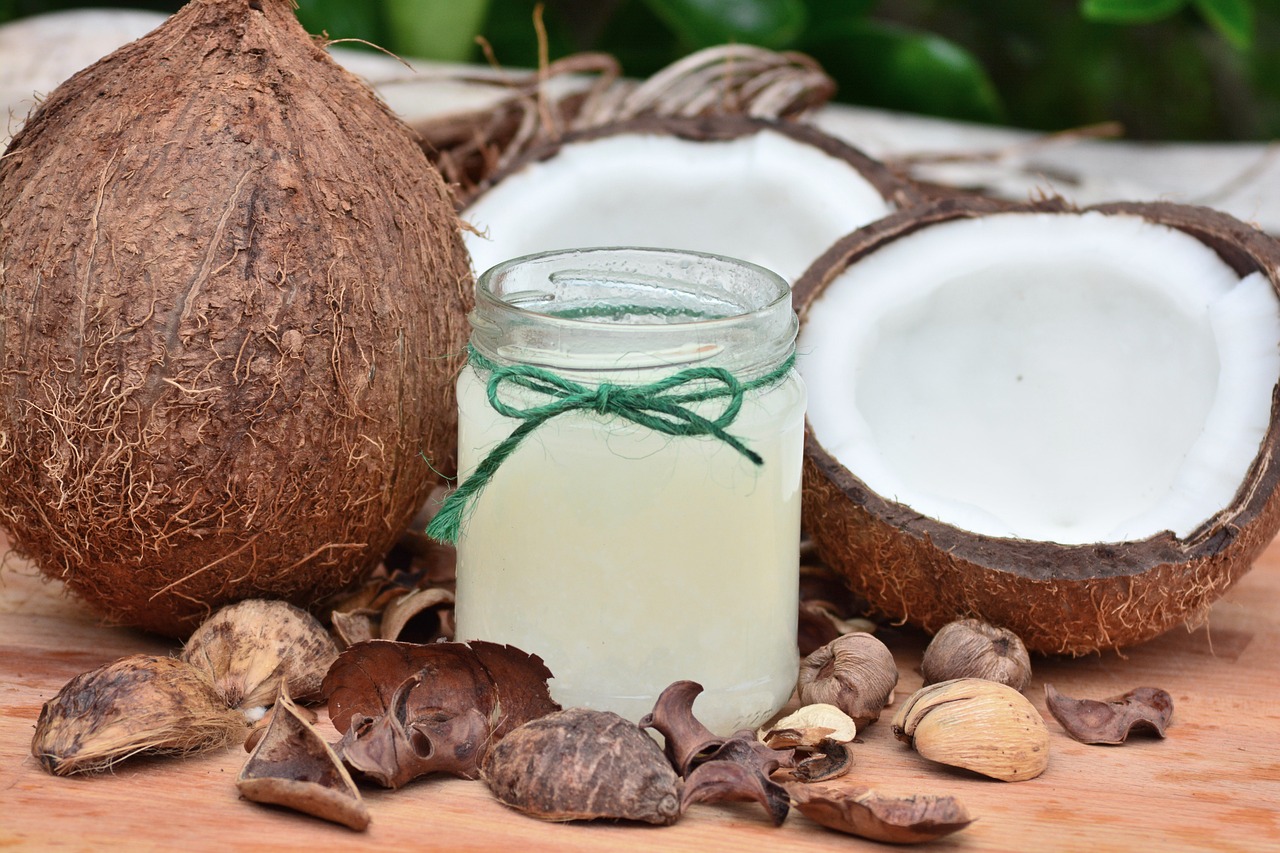In recent years, organic foods have surged in popularity, as more consumers seek healthier lifestyles and environmentally friendly options. This growing trend reflects an increasing awareness of the benefits associated with organic products, from their positive impacts on health to their contributions to sustainable farming practices. In this blog post, we will explore what organic foods are, the benefits of choosing organic, the different types of organic products available, and practical tips for incorporating organic foods into your diet.
What Are Organic Foods?
Organic foods are products that are grown and processed without the use of synthetic fertilizers, pesticides, genetic modifications, or artificial preservatives. The agricultural practices that produce these foods emphasize ecological balance, biodiversity, and soil health.
Key Characteristics of Organic Foods
- No Synthetic Chemicals: Organic farming avoids artificial fertilizers and pesticides.
- Non-GMO: Organic foods are not genetically modified.
- Animal Welfare Standards: Organic livestock are raised with access to the outdoors and fed organic feed.
- Sustainability: Organic practices aim to minimize environmental impact and promote biodiversity.
Benefits of Choosing Organic Foods
Adopting an organic diet comes with numerous health and environmental benefits. Here are some key advantages:
Health Benefits
- Reduced Chemical Exposure: By consuming organic foods, you minimize exposure to harmful pesticides and chemicals.
- Higher Nutritional Value: Some studies suggest organic foods contain higher antioxidant levels, which can combat oxidative stress.
- Better Taste: Many consumers report that organic fruits and vegetables have a fresher, more intense flavor than their conventional counterparts.
Environmental Benefits
- Soil Health: Organic farming practices promote healthy soil through crop rotation, composting, and reduced chemical input.
- Biodiversity: Organic farms typically support a wider range of plants and animals.
- Lower Carbon Footprint: Organic farming methods are often associated with reduced greenhouse gas emissions.
Types of Organic Foods
Organic foods can be categorized into several types based on their production methods. Understanding these categories can help you make better choices:
Crops
- Fruits and Vegetables: Common organic produce includes apples, carrots, and lettuce.
- Grains: Organic options like quinoa, rice, and oats are increasingly available.
- Dairy Products: Look for organic milk, cheese, and yogurt for healthier options.
Meat and Poultry
Organic meat and poultry are produced without antibiotics or growth hormones. These products typically come from animals that are fed organic feed and have access to outdoor spaces.
Packaged and Processed Foods
- Snacks: Choose organic snacks like granola bars and popcorn.
- Canned or Frozen Foods: Many organic options are available in these categories for convenience.
- Condiments: Organic sauces, dressings, and spices can enhance your meals.
Tips for Incorporating Organic Foods into Your Diet
Transitioning to an organic diet can be simplified with a few practical strategies:
Start Slowly
- Choose Your Priorities: Begin by selecting organic options for the produce you consume most frequently.
- Mix and Match: Combine organic items with conventional options to make the transition less overwhelming.
Read Labels
Familiarize yourself with organic labeling to ensure the products meet your expectations. Look for labels such as:
- 100% Organic: Products made entirely from organic ingredients.
- Organic: Generally, at least 95% of ingredients are organic.
- Made with Organic Ingredients: Contains at least 70% organic ingredients.
Shop Smart
- Farmers’ Markets: These venues often offer fresh, local organic produce at competitive prices.
- Co-ops and CSAs: Explore community-supported agriculture (CSA) programs for regular organic deliveries.
- Online Shopping: Take advantage of online retailers specializing in organic products.
Conclusion
Organic foods present an opportunity for healthier eating while fostering environmental sustainability. By understanding the characteristics, benefits, and types of organic foods available, you can make informed choices that align with your health goals. Remember, transitioning to an organic diet doesn’t have to happen overnight; start by making small changes and gradually incorporate more organic products into your meals. With the right approach, you can enjoy the flavorful and nutritious benefits of organic foods while contributing to a healthier planet.



